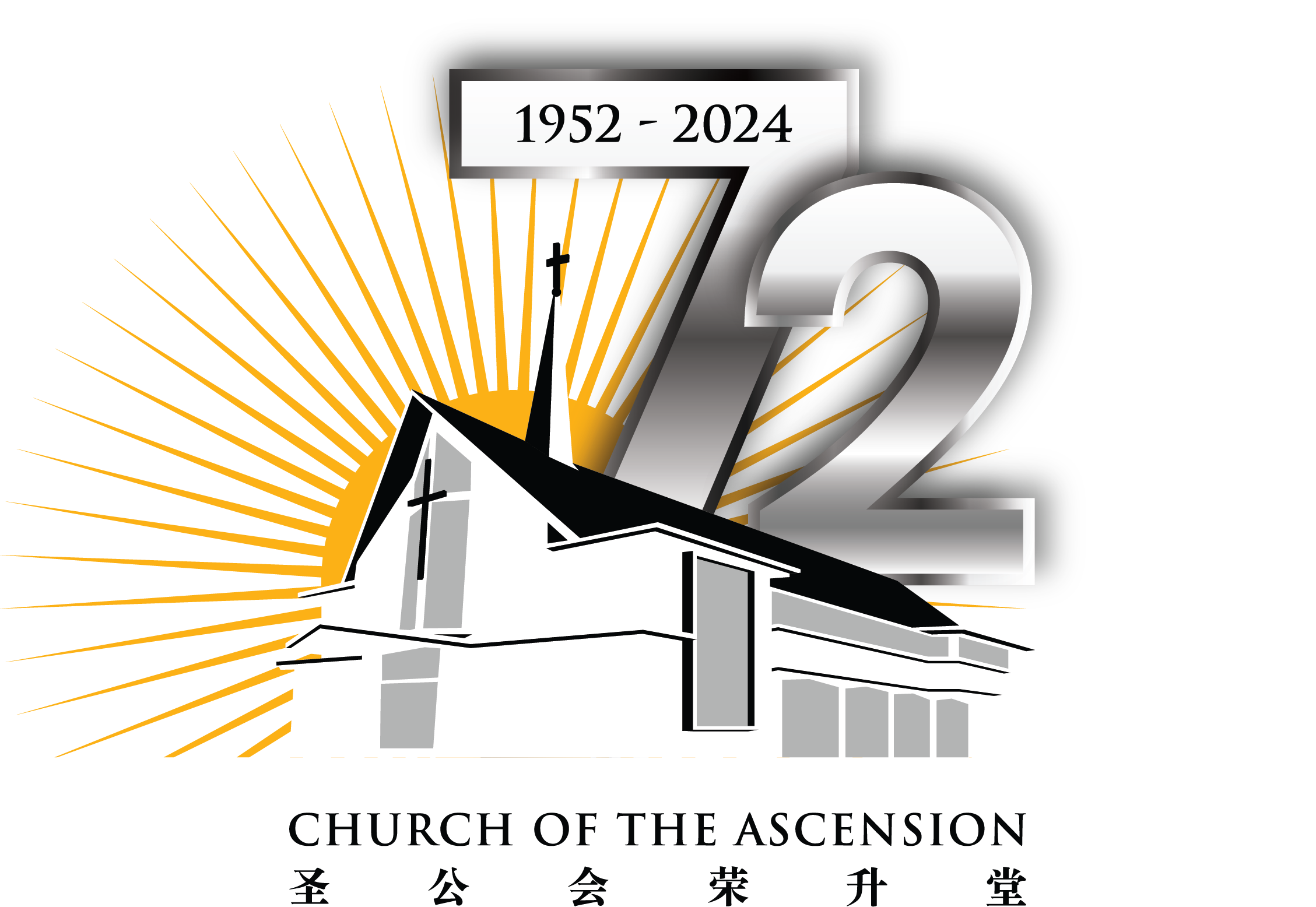 OUR VICAR WRITES
OUR VICAR WRITES
DO NOT DESPISE SMALL BEGINNINGS
Dear COA Family,
Just last Wednesday, on 24 July, I attended the National Council of Churches Singapore (NCCS)
50th anniversary dinner. It was a wonderful celebratory dinner with more than 200 pastors
from different churches of different denominations. Senior Minister Lee Hsien Loong was there as
the guest of honour, together with other government ministers. It was a significant milestone in
the growth of God’s Church in Singapore.
Yet what struck me throughout the dinner was how God had planted and made possible the idea for
NCCS to be established and His continued grace to enable NCCS to grow from its humble beginnings.
Before World War II, the different Christian denominations and churches had operated largely on their
own, independently from one another. You could not speak much of a unified Christian voice in colonial
Singapore.
Yet everything changed during the war. Imprisoned together in Changi by their Japanese captors,
the leaders of the Anglican, Methodist and Presbyterian churches clung together on the Lord
Jesus for sustenance. The Holy Communion shared among them consisting of a few grains of rice
and water was especially powerful in ministering God’s presence to them. They vowed to put aside
their differences and work together for extension of the gospel in brotherly unity after their release.
As a result, in 1948, a new ecumenical body called the Malayan Christian Council was formed to
promote Christian unity among the churches by the same leaders. After Singapore’s independence
from Malaysia, Singapore’s very own council was constituted as NCCS on 24 July 1974. It has since
grown to act as the link between the church in general and the Singapore government on many
issues such as religious harmony and the repeal of 377A. It had also spearheaded the organisation
of large-scale Christian events, like the Jubilee Day of Prayer in 2015 and the Celebration of Hope in
2019.
As you can see, it was from the small seed of fellowship of Christian leaders in prison that God
brought about the unity of the churches. It was also from the small fellowship of pastors that God
brought about the extensive working of the churches together in our day and age to support one
another, engage society and spread the good news.
This reminds me of the teaching of Christ in Luke 13:18-19:
“What is the kingdom of God like? What shall I compare it to? It is like a mustard seed, which a man
took and planted in his garden. It grew and became a tree, and the birds perched in its branches.”
Let us never despise or look down on the small and insignificant endeavours that we do for God. By
the Holy Spirit’s power and grace, they will grow to be very fruitful and effective in future for his
kingdom. So let us persevere in sowing the seeds of the Kingdom of God wherever we go!
Have a blessed week ahead,
Revd Ian
